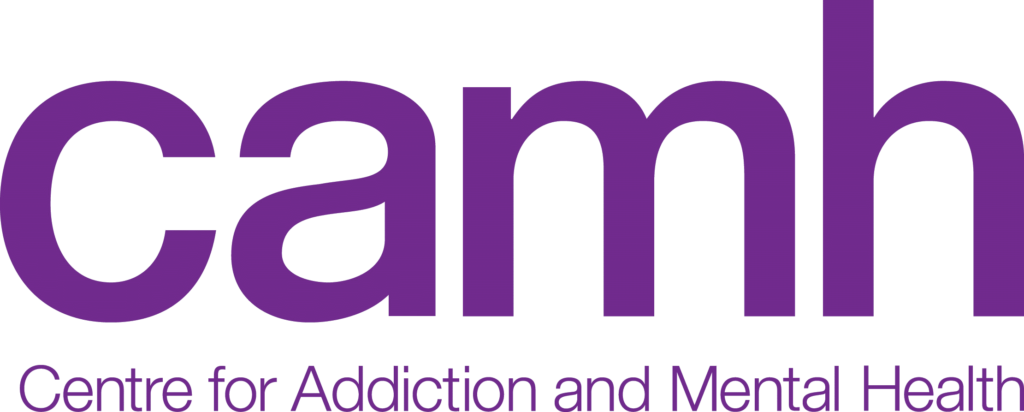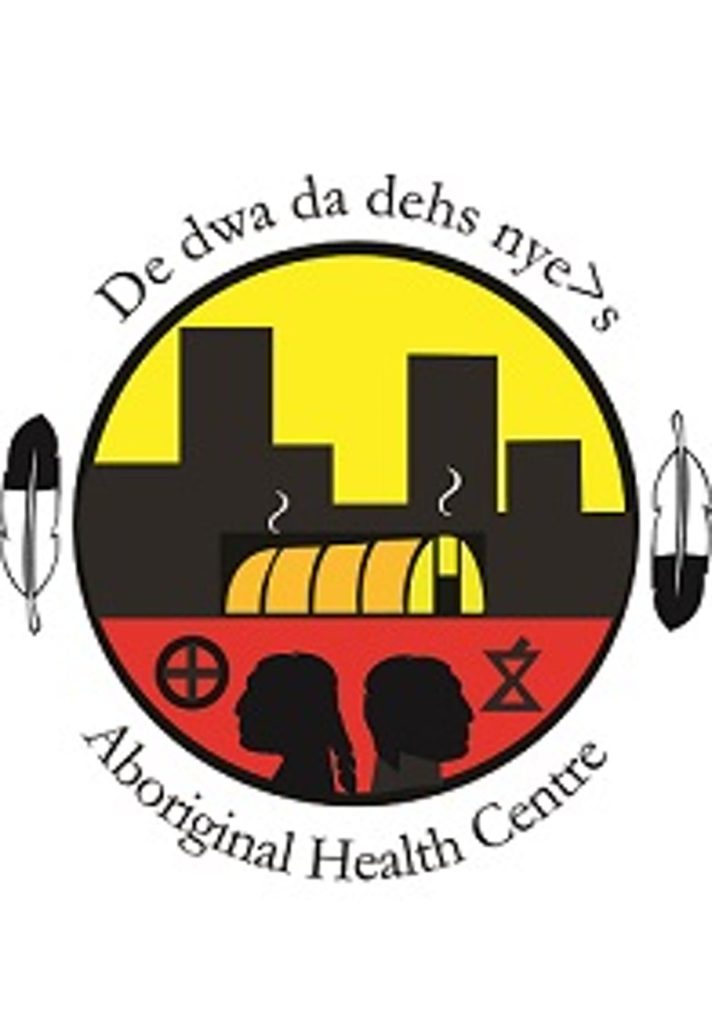The pressures to experiment with drugs and alcohol in high school remain in issue in most communities. Whether you need help, or you know someone who needs help, there is no shame in seeking it out. Drug and alcohol problems can very quickly become overwhelming for youth but there are resources and people who want to help.
On this page:
The Truth about Vaping
Truth #1: Vaping is bad for your health and is NOT harmless
- Vaping increases your exposure to harmful chemicals
- Vaping can lead to nicotine addiction
- The long-term consequences of vaping are unknown
- It is rare but defective batteries in vaping products have caused fires and explosions
- Alters brain development
- Affects memory and concentration
- Reduces impulse control
- Cognitive and behavioural problems (until about 25, the brain is still growing)
Truth #2: Vaping is highly addictive
- Can lead to dependence with lower exposure compared to adults
- Can predispose youth to other substance addictions and cigarette usage later in life
Truth #3: Vaping is not an effective strategy to quit smoking
- The topic of electronic cigarette use as a smoking cessation intervention strategy in youth is highly controversial. Until further research is conducted, vaping should not be recommended as a smoking cessation aids, but rather educate young patients about their potential for harm. – Canadian Paediatric Society
Truth #4: Vaping is not harmless, yet Canadian teens are trying vaping products
- In 2016-2017, 1 in 3 students in grades 10-12 have tried an e-cigarette (470,000 students). Among students who used an e-cigarette in the past 30 days, 57% had used an e-cigarette on three or fewer days, while 11% reported daily use. – Health Canada
Truth #5: Vaping is less harmful than smoking
- E-cigarettes expose users to fewer harmful chemicals than burned cigarettes. However, it is not safe for youth to use any nicotine products, as it poses significant health risks and is unsafe for young people. Vaping is not intended for youth. – Health Canada
Source: McMaster University Students, Sean Hui, Trisha Southall, Mali Tse & Katie Illman
Cannabis and Mental Health (canada.ca)
In order to protect youth from the health effects of cannabis use, the Cannabis Act restricts access to cannabis. Therefore, there will be no legal means for a young person to obtain cannabis, and possessing it may result in legal consequences, such as a fine or a ticket.
These are a few key facts that young people should be aware of:
- You are more likely to experience harm from cannabis because your brain is still developing until around the age of 25
- Starting to use cannabis as a teen and using it regularly (weekly or more frequently) and over a long time (several months or years) make you more likely to become addicted and to harm your mental health
- Using cannabis can affect important aspects of your thinking, like learning and memory. Some of these may never fully go away.
- Studies have found that teens and young adults who start using early and use often have more difficulty studying and are more likely to drop out of high school or university.
Some of the harms may not be fully reversible.
Partying and Getting Drunk (camh.ca)
What we’re talking about here is drinking A LOT of alcohol quickly— on a night out with friends at a party or bar, in a drinking game or contest, or just drinking too much because you want to get drunk.
This is known as binge drinking.
What happens when you binge drink? Intoxication affects your judgment, your attitude, your behaviour and your reflexes. People do all kinds of things when they are drunk that they would never dream of doing when they are sober. People are less inhibited, sensitive and aware and more reckless and careless when they are intoxicated. They often do things that seem stupid, dangerous, embarrassing or even shameful to them once they have sobered up.
Risks of binge drinking
When you binge drink, your risk of many safety and health problems increases. These include:
- misjudging a situation or what is being said
- getting into a fight or being assaulted
- having unwanted sex or pushing unwanted sex on others
- developing or worsening depression, anxiety and other mental health problems
- having blackouts
- getting a hangover (headache, shaking, vomiting)
- seeing suicide as a way out when you are feeling down
- getting injured or killed while driving, biking, boating, snowmobiling, walking or being a passenger
- getting injured or killed from a fall, drowning or fire
- getting sick and possibly dying from alcohol poisoning
- choking on your own vomit (which can kill you if you are passed out)
- going into respiratory arrest (meaning you stop breathing).
Over a longer term, repeated binge drinking can also increase the risk of:
- damage to your stomach, pancreas, liver and brain
- developing cancer
- developing an addiction to alcohol.
- Binge drinking also increases your risk of arrest and other legal problems.
What are the signs of alcohol poisoning?
Alcohol poisoning, caused by too much alcohol, is extremely dangerous and can cause coma and death.
Signs include:
- disorientation or confusion
- passing out, not being able to be woken up
- slow, irregular breathing
- bluish or pale, cold, clammy skin
- slowed heart rate
- vomiting while passed out.
What do I do?
When someone is passed out from alcohol poisoning:
- gently roll the person on his or her side, tilting the head back and tucking the top hand under the chin to keep the mouth open and the airway clear. This helps to reduce the risk of choking if the person vomits. Bend the person’s top leg and bottom arm to support this position
- do not leave the person alone
- call 911 if you cannot wake the person, especially if he or she is vomiting or has vomited.
How can I be safer when I drink?
When you know you will be drinking, plan ahead, stay in control and stay safe!
- Pace yourself by alternating alcoholic drinks with soft drinks or water. Eat before you drink and while you are drinking.
- Know your limit. Keep below it. Don’t let others push you beyond it.
- Drink slowly. Don’t chug.
- Stop drinking before you feel drunk.
- Don’t mix alcohol with medicines, illegal drugs or energy drinks. Other drugs may interact with alcohol, causing effects you don’t expect or are unable to control.
- Count your drinks. Ways to keep track include keeping your bottle caps in your pocket.
- Think about your reputation, your safety and the safety of others.
- Watch your drink so that no one can slip anything into it when you’re not looking.
- Plan ahead. Arrange to walk, take a taxi or public transit home with a sober buddy; get someone you can trust to pick you up; or stay overnight where you will be drinking.
- If you drink any alcohol, do not drive. The only way to know whether the level of alcohol in your body is within the legal limit for driving is a breathalyzer or blood test. You can’t tell by the way you feel. Just as important, don’t ride with a driver who has been drinking.
What can I do if I want to stop drinking, but can’t?
If your drinking is causing problems in your life and you want to stop, but can’t, ask for help. Tell your friends and family members you want to cut down or stop drinking, and ask them for their support. Ask them to help you organize activities that don’t involve drinking. If your drinking continues to cause problems for you, call one of these organizations for help:
Types of Drugs
The following are types of drugs that are commonly misused.
This is not a full list of drugs, effects, or risks. Visit Government of Canada to see more.
| Type of Drug | Examples | Effects | Risks |
| Stimulants | Cocaine, crack cocaine, methamphetamine | – Temporarily enhanced self-esteem – Reduced need for food and sleep – Dizziness, nausea and vomiting, – Violent or aggressive behaviour, – Hallucinations, psychosis – Dilated pupils | – Addiction and dependence – Withdrawal & death – Overdose & death – Heart and/or brain damage – Depression, suicidal ideation |
| Opioids | Fentanyl, heroin, oxycodone | – Drowsiness, confusion – Nausea, vomiting – Euphoria – Slowed breathing – In and out of consciousness – Itching/hot sensations on skin – Small pupils | – Addiction and dependence – Overdose & death – Withdrawal & death – HIV, hep B, hep C – Depression, suicidal ideation |
| Hallucinogens | Mushrooms, LSD | – Distorted sense of reality – Altered senses – Altered perception of time – Anxiety, paranoia, confusion, extreme mood changes – Increased heart rate – Muscle weakness, convulsions – Feelings of disconnection from body | – Psychosis – Depression – Flashbacks – Accidental death |
| Benzodiazepines | Xanax, ativan, valium | – Dizziness, drowsiness – Memory loss – Slurred speech – Muscle weakness – Loss of coordination Other possible: – Delusions, hallucinations – Agitation, aggression | – Addiction and dependence – Overdose |
From Controlled and illegal drugs – Government of Canada
Resources

The Centre for Addiction & Mental Health
- Youth Addiction & Concurrent Disorders Service offers treatment for young people (14 – 24) with substance use challenges or concerns.

The City of Hamilton provides harm reduction services such as:
- Free naloxone kits
- Safe use supplies
- Self-help groups
- Treatment centres
- Methadone clinics
- Withdrawal management

Hamilton Urban Core Community Health Centre offers integrated services that connect clients who use drugs to primary care, treatment, and other health and social services. This program offers:
- Harm reduction education and supplies
- Supervised use space with nursing staff present
- Counselling
- Referrals to housing, employment, and mental health and addiction services

SOPEN (Student Overdose Prevention and Education Network) is a community-based initiative organized by a group of students in Hamilton, Ontario. SOPEN is committed to true community engagement and mutual aid. SOPEN encourages people to make informed health decisions by sharing knowledge about harm reduction and overdose prevention in a reciprocal way without judgement and in a brave space.

Alternatives for Youth (AY) is a substance use and addiction treatment services that engage and mobilize youth and their families.

Mothers Against Drunk Driving Canada (MADD) is a charitable, grassroots organization that is committed to stopping impaired driving and supporting victims/survivors.

De dwa da dehs nye>s Aboriginal Health Centre provides mental wellness services that are culturally safe for all members of the urban community who self identify as having Aboriginal ancestry.

ConnexOntario provides free and confidential health services information for people experiencing problems with alcohol and drugs, mental illness or gambling.
Their system navigation and information service is live-answer 24/7, confidential, and free.

